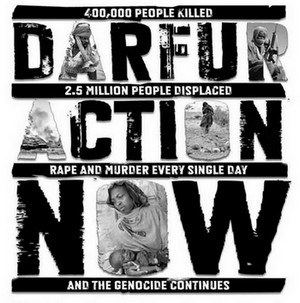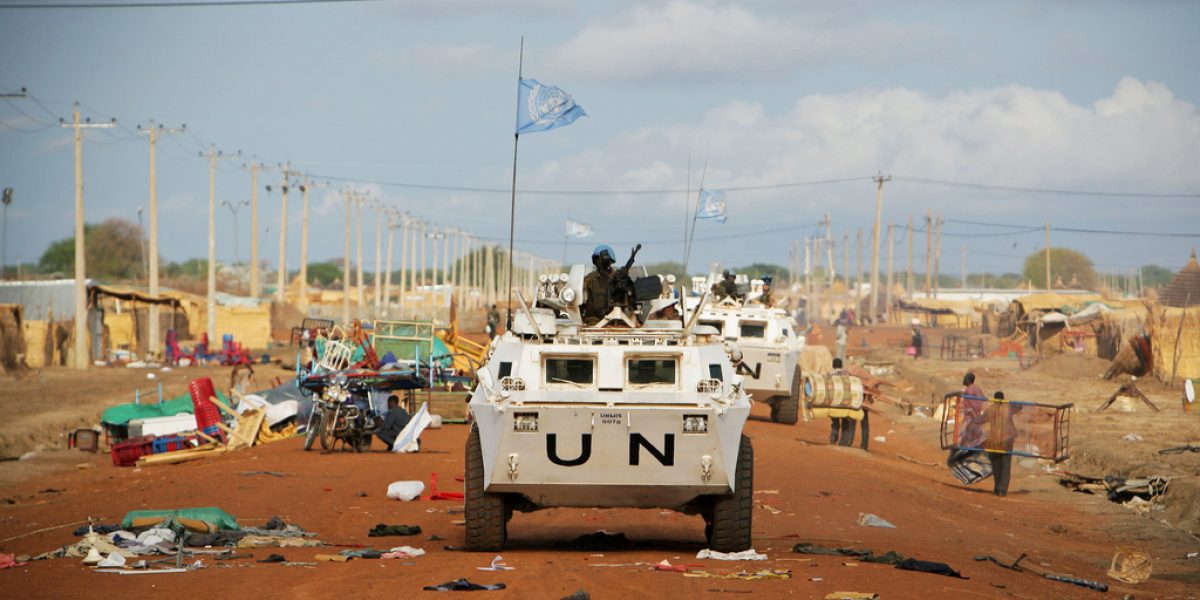
The United Nations camps for displaced people have only created more need, they add, comparing the displaced to "tourists" and insisting that the UN is staying in Darfur only to get donor funding. The men on the patio say the janjaweed, identified by international observers as Arab militias armed by the government to subdue non-Arab rebels, are just bandits of various backgrounds. They cannot comprehend that their government could be responsible for such actions, perhaps because accepting that reality would open doors many prefer to leave untouched. Many people in Khartoum refuse to believe the numbers - according to the United Nations, as many as 300,000 dead and 2.5 million displaced. "But," they add, "the government is not the cause of the Darfur conflict." When asked about Darfur specifically, the men on the patio admit that there is a "small" problem between tribes and that the government should have intervened earlier. "I've heard of Darfur," says Fatima Ahmad, an elderly woman from a village a five-hour drive north of the capital. Some members of the older, less-educated generation are barely aware that Darfur even exists. Not once has a mass demonstration been organized to press the government to resolve the Darfur crisis.

Yet in the Sudanese capital, Khartoum, Darfur does not even make the list of many people's concerns.


The atrocities in that conflict have shocked and frustrated much of the world during the past four years. This week, the International Criminal Court's chief prosecutor sought an arrest warrant for Sudan's President Omar Hassan al-Bashir, accusing him of genocide and crimes against humanity for the slaughter of up to 35,000 non-Arab civilians in Darfur and the related deaths and displacements of tens of thousands more. "I see the government as good - among the best governments we've had," one says.Īnother pipes in: "This government solved the two biggest problems in Sudan - peace in the South and the discovery of oil." He goes on: "Of course, it has a lot of disadvantages: It still hasn't solved poverty, problems of education, job opportunities, unemployment. In an upper-class neighbourhood of the Sudanese capital, three men sit on a rooftop patio, talking politics between spoonfuls of ice cream and sips of espresso.


 0 kommentar(er)
0 kommentar(er)
